Rep. Marsha Blackburn’s (R-TN) comments on cybersecurity are two weeks old but they’re still getting buzz among internet tech-heads. They are less than impressed with Blackburn’s understanding of how the internet works. Her answer to CNN’s Wolf Blitzer about the so called “fake news” problem is particularly troubling for many.
Blackburn told Blitzer:
“If anyone is putting fake news out there, the ISPs have the obligation to, in some way, get that off the web. And maybe it’s time for these information systems to look to have some type of news editor doing some vetting on that. Whether it’s the Russians, the Chinese, the Iranians or whomever. You do not want that out there because it’s… because it’s fake news! It is not something that is going to be correct. It’s going to end up being refuted. But it takes time, effort and energy to do that, and trying to sway or misinform is completely inappropriate, and in my opinion unethical.”
Clearly this is problematic. What ISPs is she referring to? If somebody logs on the internet using Comcast, is Comcast responsible for policing whatever news they share on Facebook? Is Verizon or Sprint obligated to fact check remotely filed blog posts? It’s unclear whether this is just another case of a politician continuing to speak after exhausting her supply of cogent thought or if she is actually suggesting this as a strategy. Either way, having her wield authority on this issue is troubling.
CyberScoop reports that they’ve been unable to get a response from ISPs on the issue.
Top ISPs are hesitant to take a position on Blackburn’s proposal even while such a policy would undoubtedly transform the way they have and continue to do business.
Existing laws like the Digital Millennium Copyright Act and Communication Decency Act suggest that ISPs should not be held liable for content published by third party sources, said Boston College professor Richard Spinello, an author of scholarly papers and books focused on internet law and ethics.
CyberScoop reached out to seven of the United States’ largest ISPs for comment. After weeks of calling and emailing spokespeople for Comcast, AT&T, Frontier, Charter, Cox and CenturyLink, only Verizon responded to the inquiry, merely declining to comment. Multiple law firms also declined to comment, including Holland & Knight and Venable LLP, two powerful corporate law firms based in Washington, D.C.
It’s troubling to some people because Blackburn’s name has been floated as a potential FCC appointment.
Ultimately what is being lost amidst the whole discussion of “fake news” is that this boils down to a nanny-state issue. Fake news is only a problem for gullible consumers. In an ideal world everything someone published on the internet would be reliable and true. We don’t live in that world any more than we live in world where criminals obey gun laws.
To be perfectly frank, the problem isn’t fake news. The problem is ignorant people. If someone is going to believe outlandish headlines from unreliable sources, there is little the government can do to correct that problem and it should not be the government’s job to do so. Giving the government the power to try and eliminate fake news only opens the door to biased censorship and restrictions on free speech.
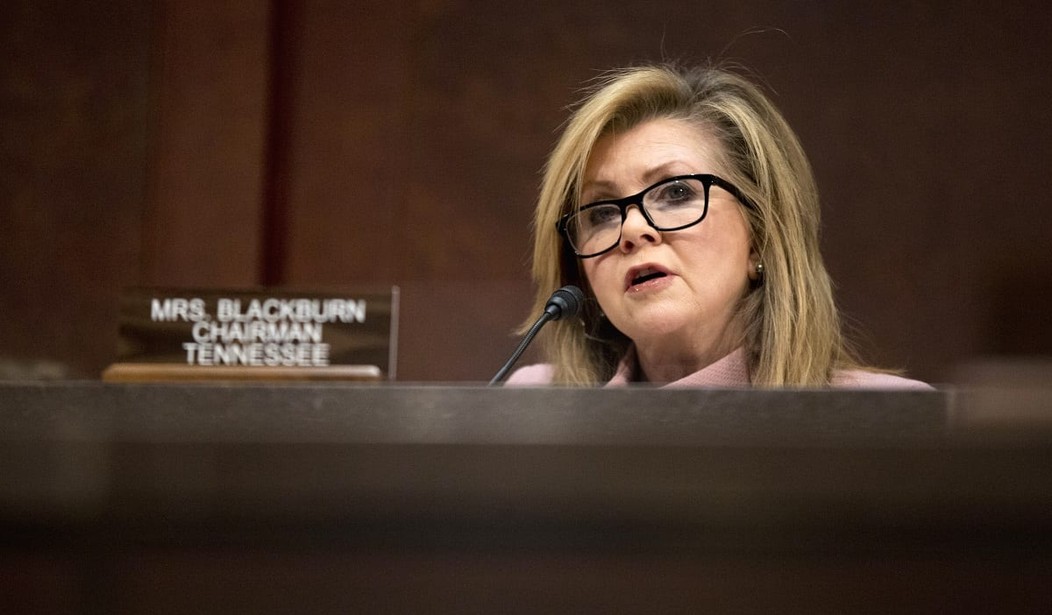
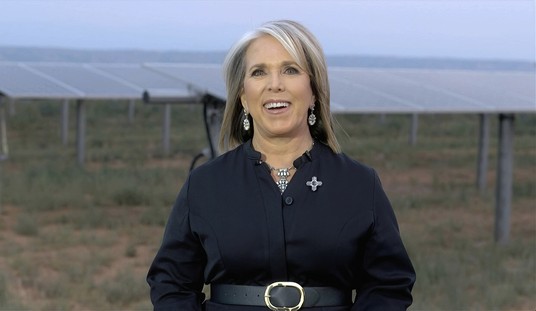





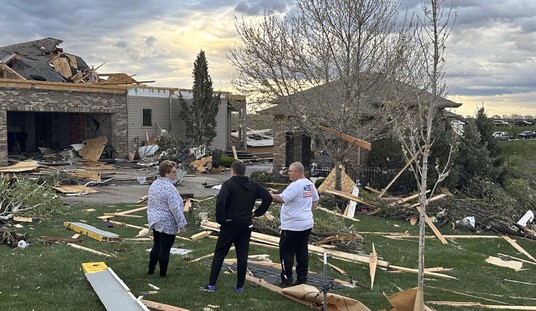



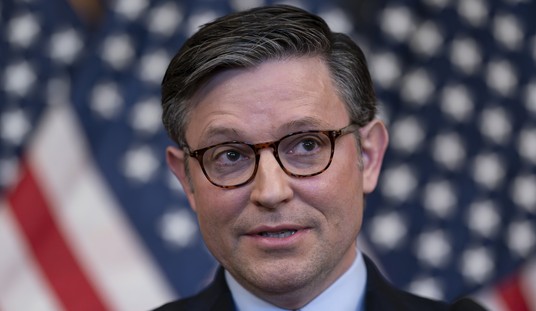
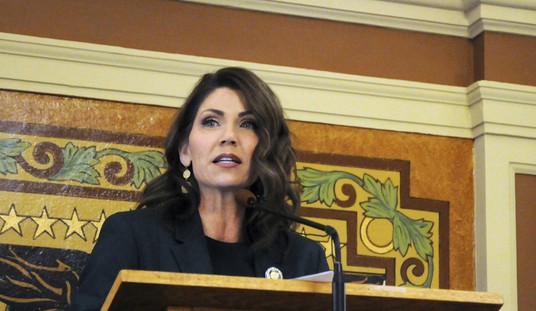
Join the conversation as a VIP Member